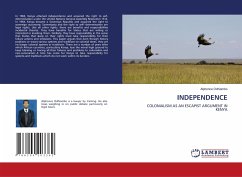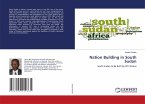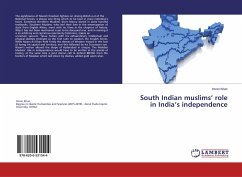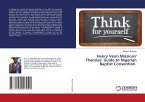In 1963, Kenya attained independence and acquired the right to self-determination under the United Nations General Assembly Resolution 1514. In 1964, Kenya became a Sovereign Republic and acquired the right to sovereign autonomy. Sovereignty and the right to self- determination are legal rights. Like all other rights, there are benefits and responsibilities incidental thereto. They have benefits for States that are willing or interested in invoking them. Similarly, they have responsibility in the sense that States that sleep on their rights must take responsibility for their failure actions and omissions. This paper argues that even though history positions or traces various systems and traditions to colonial times, they are no longer colonial systems or traditions. There are a number of years after which African countries, particularly Kenya, lose the moral high ground to keep blaming or tracing all their failures and problems to colonialism and neo-colonialism. A time has come for Kenya to take responsibility for systems and traditions which do not work within its borders.
Bitte wählen Sie Ihr Anliegen aus.
Rechnungen
Retourenschein anfordern
Bestellstatus
Storno








